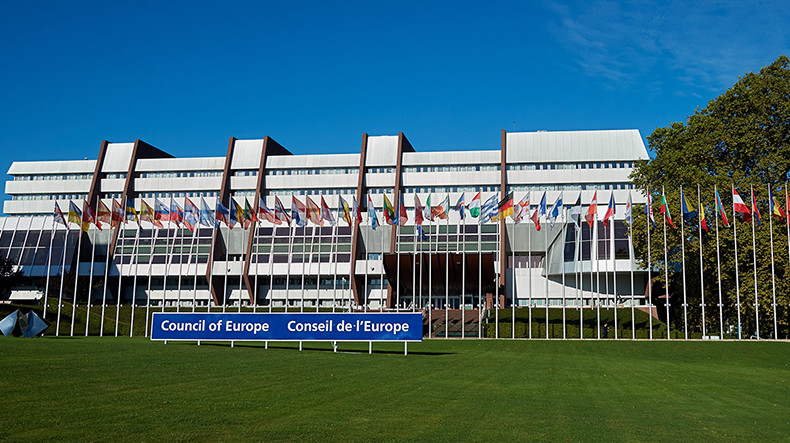
CoE: Armenia failed to fully implement ECRI’s recommendations subject to interim follow-up
The Council of Europe's (CoE) independent human rights monitoring body European Commission against Racism and Intolerance (ECRI) on Tuesday published its conclusions on the implementation of the recommendations in respect of Armenia subject to interim follow-up. The ECRI report concludes that Armenia failed to fully implement those recommendations.
In line with the Information Document on ECRI’s fifth monitoring cycle brought to the attention of the Ministers’ Deputies on 14 November 20121, not later than two years following the publication of each report, ECRI addresses a communication to the government concerned asking what has been done in respect of the specific recommendations for which priority follow-up was requested.
At the same time, ECRI gathers relevant information itself. On the basis of this information and the response from the government, ECRI draws up its conclusions on the way in which its recommendations have been followed up.
In its report on Armenia published on 4 October 2016, ECRI recommended that the authorities bring their criminal law, in general, into line with General Policy Recommendation No. 7; in particular they should explicitly include the grounds of colour, language, nationality (understood as citizenship), national or ethnic origin, sexual orientation, and gender identity in the list of “prohibited grounds”; criminalize incitement to violence and incitement to racial discrimination, and criminalize the public denial, trivialization, justification or condoning of crimes of genocide, crimes against humanity and war crimes.
ECRI was informed that, in 2017, the government proposed a new draft Criminal Code. Several articles of the draft concern the prohibition of discrimination and of incitement to racial hatred.
However, the draft does not address ECRI’s recommendation sufficiently as, for example, not all the grounds listed by ECRI are included. Furthermore, none of the relevant provisions of the new draft Criminal Code have so far been adopted. The adoption of the new Criminal Code is currently only planned for 2020.
Although ECRI recognizes the efforts made by the Armenian authorities to address existing shortcomings in the country’s criminal law, it considers that the recommendation has not been implemented.
The human rights monitoring body also recommended that the various action plans containing programs for the integration of vulnerable groups include a description of their objectives, a complete set of criteria for assessing the impact on these groups, and a clear financial plan. ECRI considers that this recommendation has been partially implemented.
Newsfeed
Videos






























